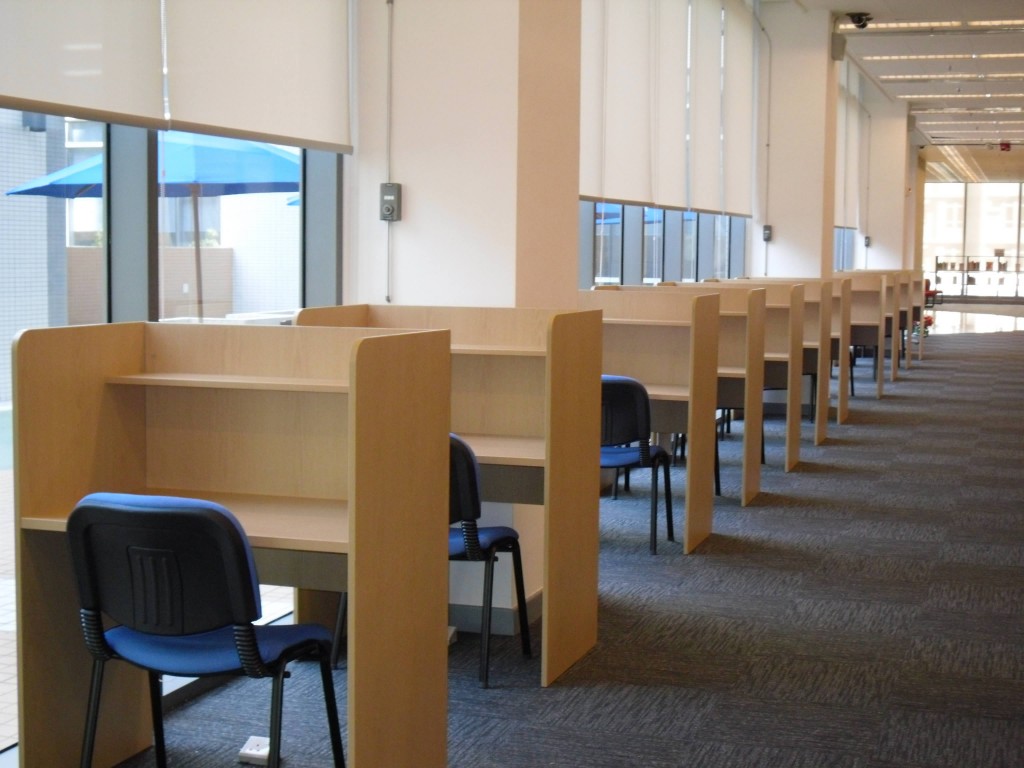

The idea for area studies grew out of the Army Specialized Training Program (ASTP), which had used US land-grant universities to train specialists quickly for the war effort.
AREA STUDIES ARCHIVE
Rockefeller Archive Center (RAC), RG 3.2, Series 900, Box 31, Folder 165.Ī Reexamination of Rockefeller Foundation Program in Area Studies” by Charles B. Fahs, “A Reexamination of the Rockefeller Foundation Program in Area Studies,” October 24, 1954. Charles Fahs, 1954įahs believed this to be especially important in what he described as “the shrunken and interdependent world.” Charles B. Ith the United States catapulted into world leadership, it has been necessary to pursue simultaneously the dual objectives of cultural enrichment and the strengthening of national capacities for sound foreign policy.

Fahs, assistant director of the RF Humanities Division, explained, Schools that adopted area studies programs sought to increase undergraduate awareness of foreign cultures and to encourage academic research that would deepen international understanding.Īt the same time, their graduate programs aimed to produce Ph.D.s to meet the government’s increasing demand for policy analysts, diplomats, and civil servants. The first move was an exploratory conference convened by the RF in 1944, which brought together RF officers, representatives from Carnegie, university scholars, and “area men” with experience in wartime military training programs.Ī selection of some of the rare publications dealing with the Russian Revolutionary Movement, purchased by Columbia University from funds granted by the Rockefeller Foundation, New York, 1948 “The Shrunken and Interdependent World”Īrea studies programs were designed to make university education more relevant to a changed world, and consequently strived to bridge pure scholarship and practical instruction. Carnegie Corporation of New York, the Ford Foundation, and the US government would also significantly support area studies, but the initial exploratory conversations began at the RF before the war had even ended. In the wake of World War II, however, it attempted to integrate existing departments in new ways.

The Rockefeller Foundation had long been instrumental in fostering the growth of academic departments in the humanities and social sciences. These interdisciplinary programs combined language training, geography, anthropology, history, economics and political science in a comprehensive approach to the study of world cultures. Developing area studies programs at colleges and universities remains one of the Rockefeller Foundation’s (RF) lasting contributions to higher education.


 0 kommentar(er)
0 kommentar(er)
